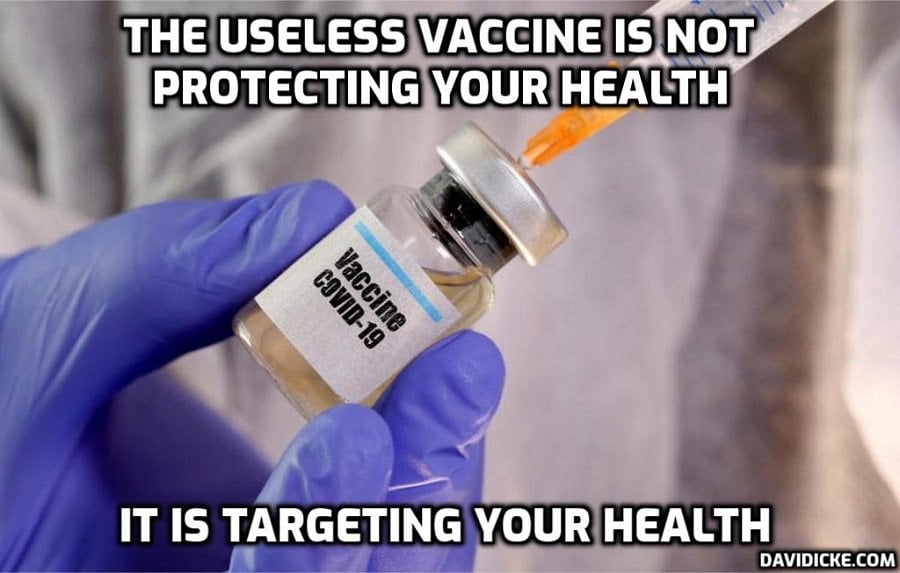Synthetic mRNA Covid vaccines: A Risk-Benefit Analysis

With a “vaccine” based on untested technology, and safety trials still ongoing, is it safe to take the shot? And does it even work?
Amidst the plethora of Covid-related issues, the Covid injections are the most imminent. Two formulations have received interim approval from the FDA, and Health Canada: Pfizer/BioNtech and Moderna. Both these injections are employing the same technology, synthetic gene therapy (SGT), which is being dispensed to the populace for the first time in human history.
Medications are given to sick people to treat disease. Vaccines are given to healthy people to prevent an infection. Therefore consideration of risk-benefit analysis is paramount.
Covid is the umbrella label for PCR “positive” people regardless of clinical presentation. Most are “asymptomatic,”some have generic cold/flu symptoms, and a few present with moderate or severe respiratory distress. Unfortunately, the PCR assays being used for diagnosis, are not fit for purpose. Most PCR assays are constructed based on the German Drosten et al. protocol.
On November 27th 2020, 22 scientists submitted a request for retraction of this protocol which was published in the journal Eurosurveillance, citing a number of fatal design flaws. It is also important to note, despite SarsCov2 virus and the syndrome labelled as Covid being used interchangeably, causation has not been proven as per Koch’s postulates.
Read More: Synthetic mRNA Covid vaccines: A Risk-Benefit Analysis
*** This article has been archived for your research. The original version from David Icke can be found here ***


